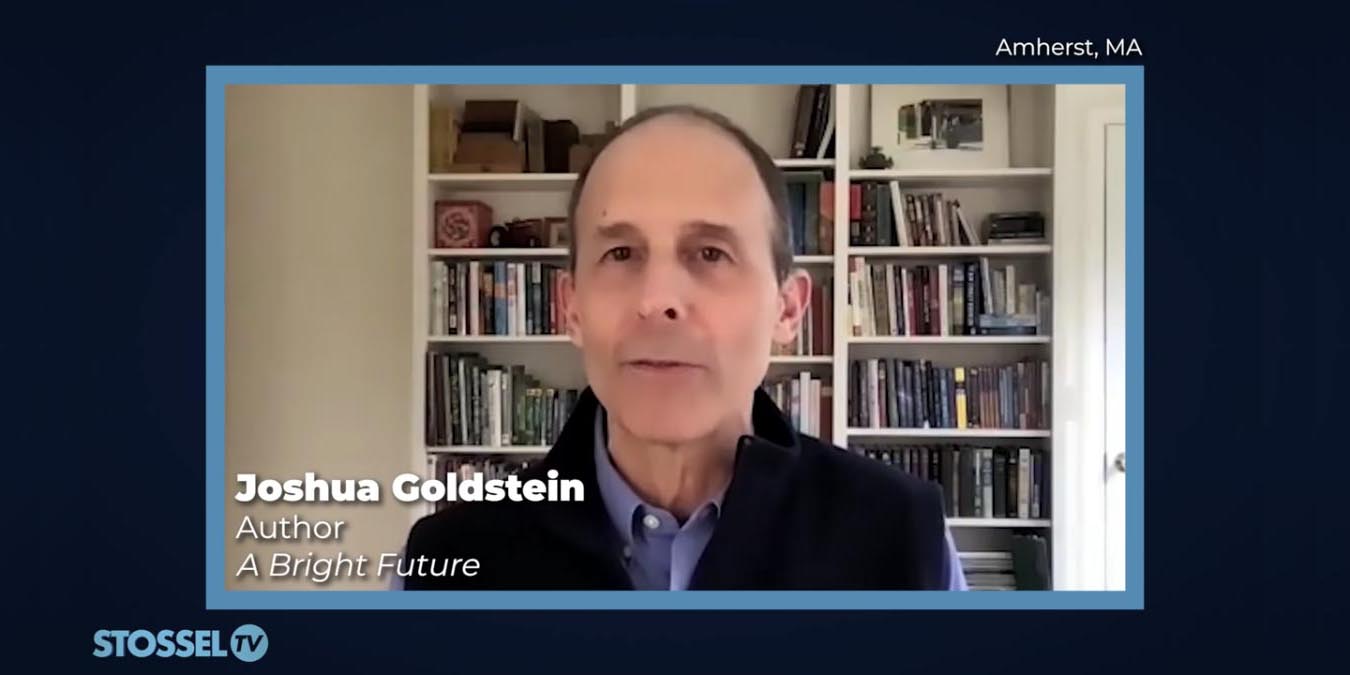Before shutdown of the plant, the working cooling towers of TMI-1 are on the right. The dormant cooling towers on the left are for Unit 2, which was permanently closed because of the 1979 accident. (Photo: Constellation Energy)
Nuclear powerhouse Constellation announced today the signing of a 20-year power purchase agreement with Microsoft that will pave the way for the restart of Three Mile Island Unit 1—under a new name to honor Chris Crane, former chief executive of Exelon when Constellation was part of the larger company.
An aerial photo of the three mile island nuclear power station. (Photo: Constellation)
On the company’s earnings call this month, Constellation CEO Joe Dominguez was asked if there is a possibility of restarting the shuttered Three Mile Island plant—as is being proposed for the Palisades nuclear plant in Michigan.
“We’re not unaware that opportunity exists for us,” Dominguez said. “We’re obviously seen what’s happened with Palisades and I think that was brilliant. Brilliant for the nation. … We are doing a good bit of thinking about a number of different opportunities, and that would probably certainly be one of those that we would think about.”
The cooling towers of Unit 2 at Three Mile Island Nuclear Generating Station, closed since the accident in 1979.
The Three Mile Island accident in 1979 was the most-studied nuclear reactor event in the U.S. There is a plethora of research about the accident available to the general public, including the president-appointed Kemeny Commission report and the Nuclear Regulatory Commission’s Rogovin inquiry report (split into volume one, and volume two, parts one, two, and three), which are the two detailed government-sponsored investigations into the accident. There are also thousands of documents in the NRC’s ADAMS database available to the public, an excellent overview by NRC historian Samuel Walker Three Mile Island: A Nuclear Crisis in Historical Perspective, as well as the Nuclear News special report from April 1979, and articles written by ANS members like William Burchill about the accident and the many changes it forced on the industry. If the producers of Meltdown: Three Mile Island—available on Netflix—had read any of those documents instead of relying mostly on input from antinuclear activists, their “documentary” might have been presented with at least some sense of balance and credibility.
Instead, similar to a recent Science Channel documentary on the Three Mile Island accident, Meltdown focuses on drama instead of science. This four-part miniseries does not attempt to provide a balanced set of facts from the technical community and instead relies heavily on nonexpert opinions and anecdotal statements to tell a story that easily falls apart under even the faintest scrutiny.
Nuclear News reached out to multiple ANS members who were involved with either the accident response or the clean up to help provide a critical look at some of the more egregious statements made in the documentary.
The accident at Three Mile Island revealed many areas for improvement in the safety of nuclear power that have been addressed continuously in the past 40 years.
Part one of this article, published in the May 2019 issue of Nuclear News[1] and last Friday on Nuclear Newswire, presented insights from the 1979 accident at Three Mile Island-2 and addressed several issues raised by a previous Nuclear News piece on the accident[2]. Part two discusses safety improvements that have been made by both the industry and the Nuclear Regulatory Commission over the past 40 years.
Sparked by an article on the TMI accident that appeared in the March 2019 issue of Nuclear News, ANS past president William E. Burchill (2008–2009) offered his own views on the subject. Part 1 of the article appeared in the May 2019 issue of NN and Part 2 was published in June 2019.
The accident at Unit 2 of the Three Mile Island nuclear power plant on March 28, 1979, was an extremely complex event. It was produced by numerous preexisting plant conditions, many systemic issues in the industry and the Nuclear Regulatory Commission, unanticipated operator actions, previously unrecognized thermal-hydraulic phenomena in the reactor coolant system (RCS), and the unprecedented challenge of managing a severely degraded core.
Chuck Metz Jr. discusses his collaboration with Harold Denton, whose memoir interweaves a retelling of the Three Mile Island accident events with stories of his career-long advocacy for nuclear safety.
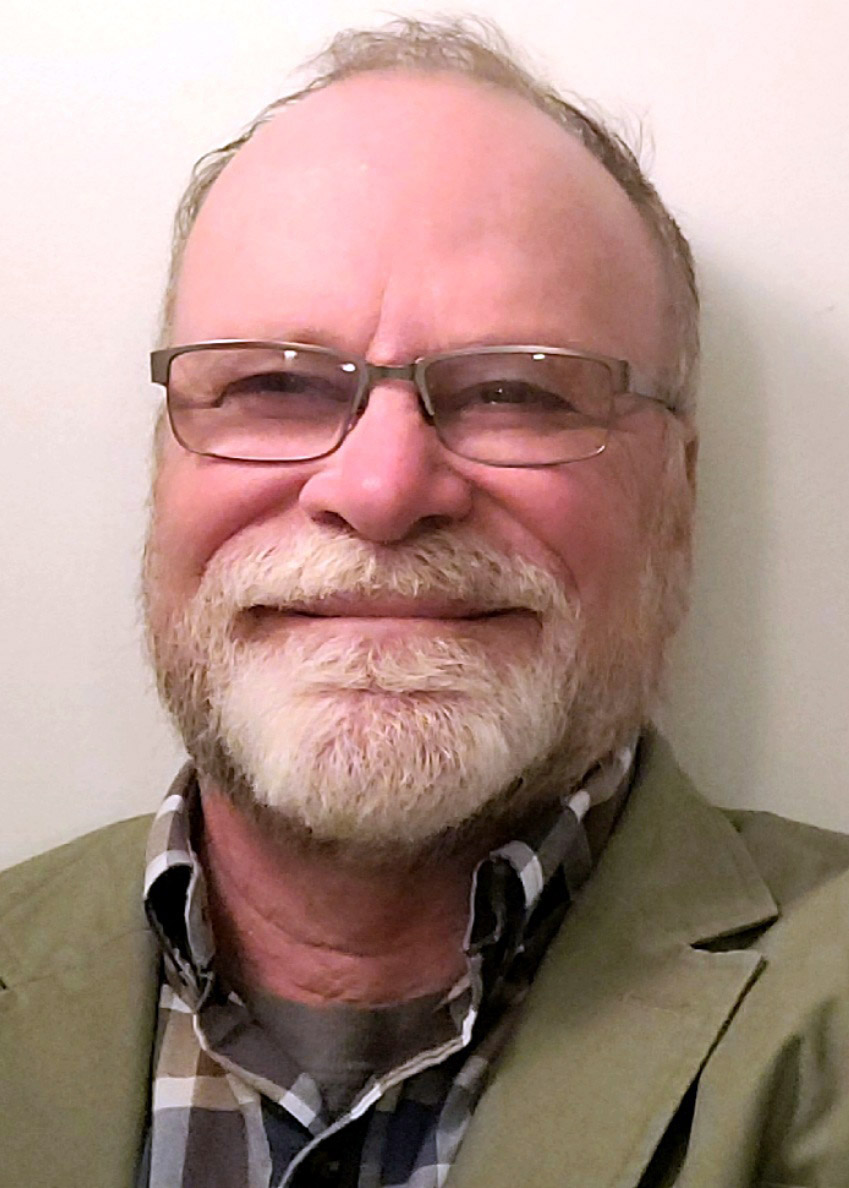
Metz
A number of years ago, historian and writer Chuck Metz Jr. was at the Bush’s Visitor Center in Tennessee’s Great Smoky Mountains when he ran into former Nuclear Regulatory Commission official Harold Denton and his wife. Metz was at the visitor center, which opened in 2010 and is now a tourist hotspot, because, as he explained to the Dentons at the time, he had overseen the development of its on-site museum and had written a companion coffee-table history book.
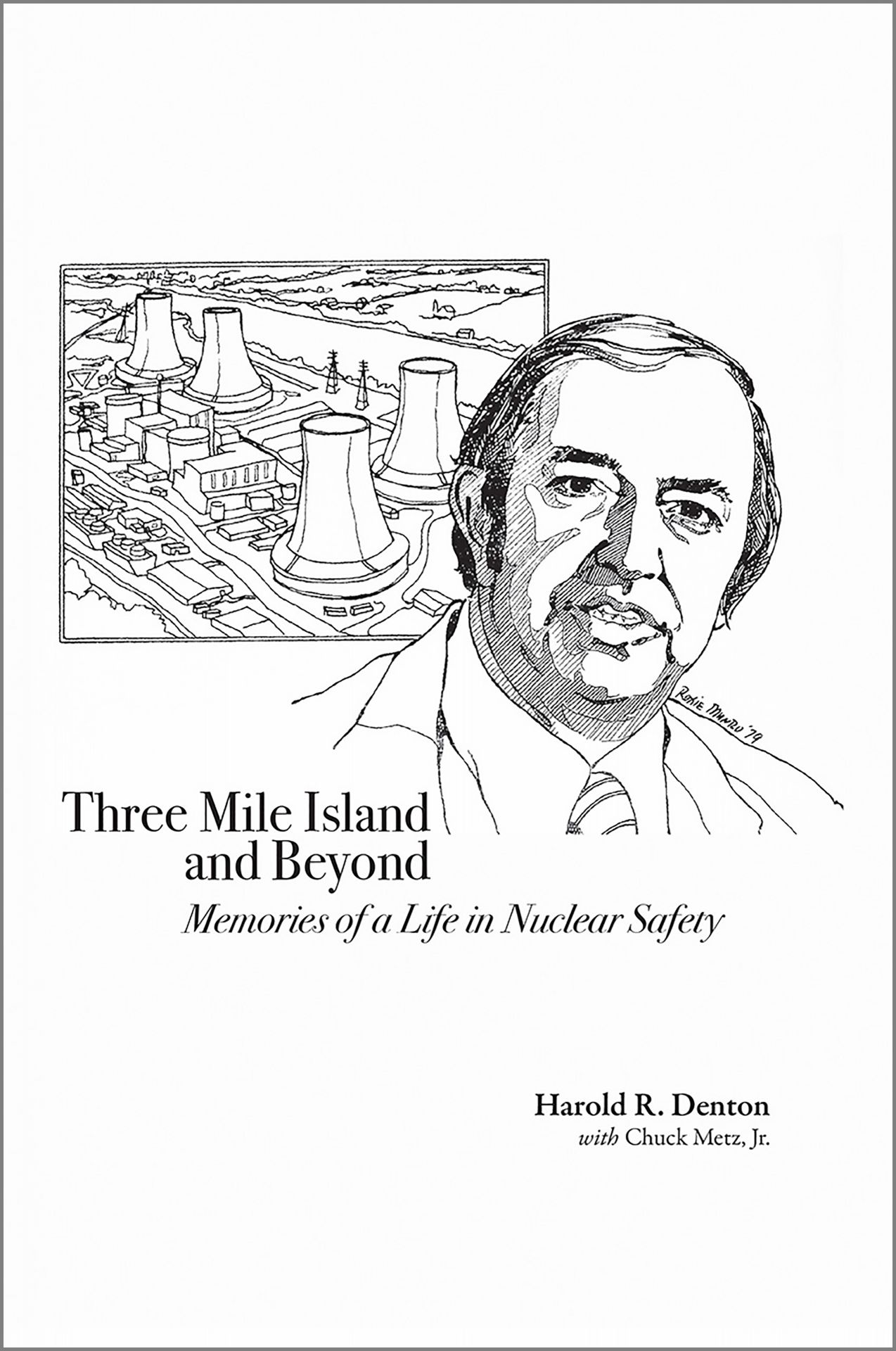
The chance meeting turned into a friendship and a fruitful collaboration. Denton, who in 1979 was the public spokesperson for the NRC as the Three Mile Island-2 accident unfolded, had been working on his memoir, but he was stuck. He asked Metz for help with the organization and compilation of his notes. “I was about to retire,” Metz said, “but I thought that exploring the nuclear world might be an interesting change of pace.”
Denton passed away in 2017, but by then Metz had spent many hours with his fast friend and was able to complete the memoir, Three Mile Island and Beyond: Memories of a Life in Nuclear Safety, which was published recently by ANS. Metz shared some of his thoughts about Denton and the book with Nuclear News. The interview was conducted by NN’s David Strutz.
Author Joshua Goldstein, from the video "The Nuclear Option"
Climate activists rarely mention nuclear power as a tool in the battle against climate change, consumer reporter John Stossel comments during the video "The Nuclear Option" on his YouTube channel.



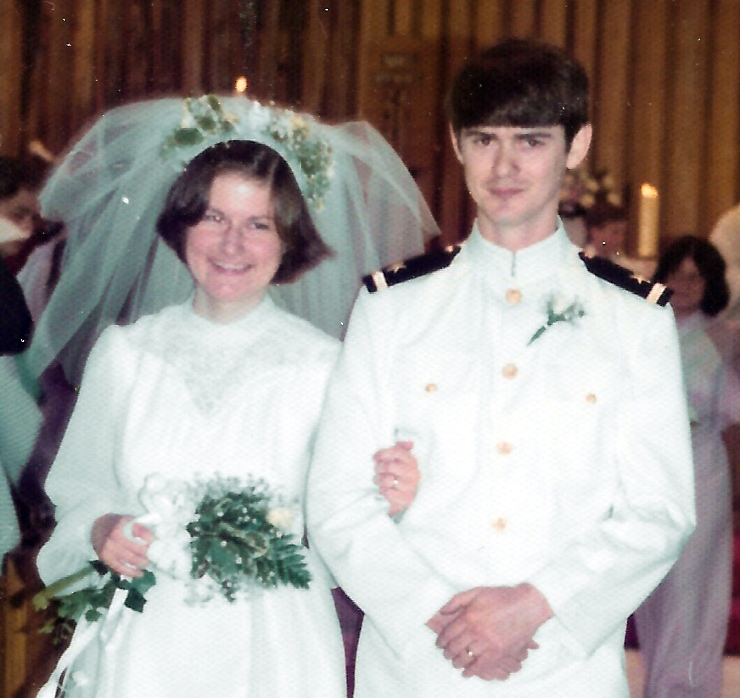
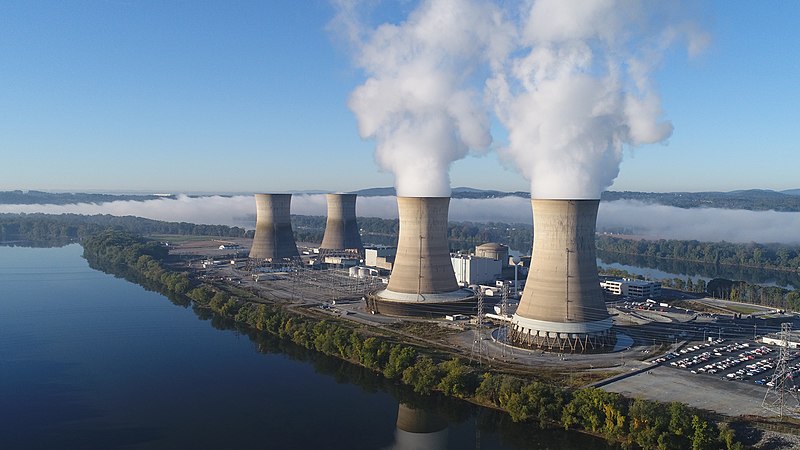
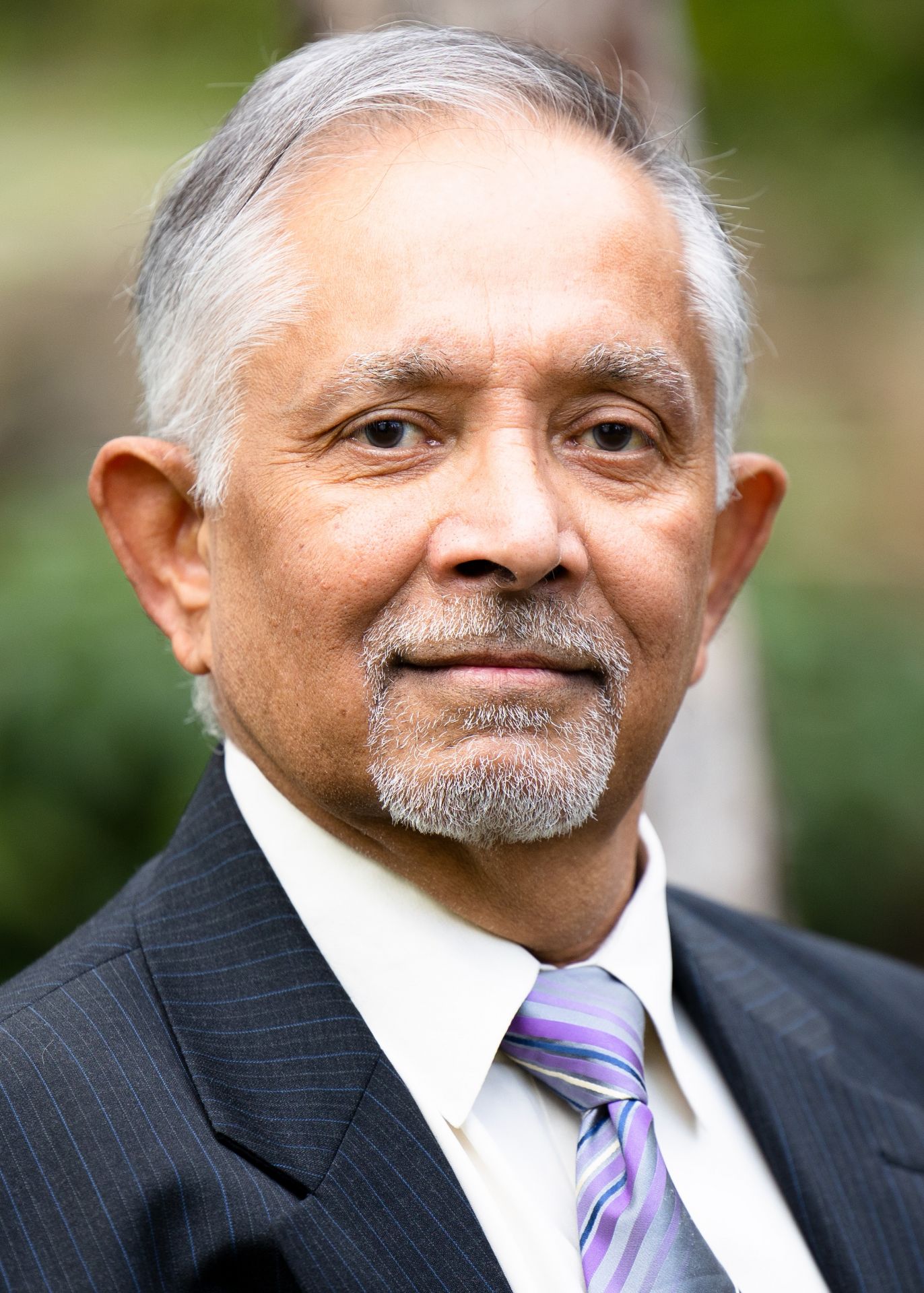
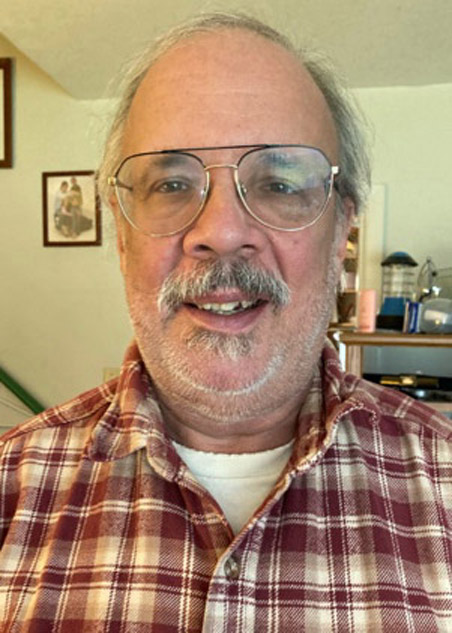
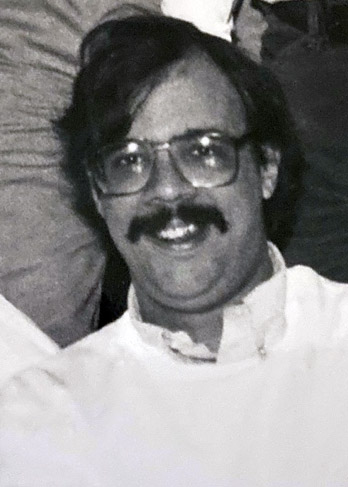

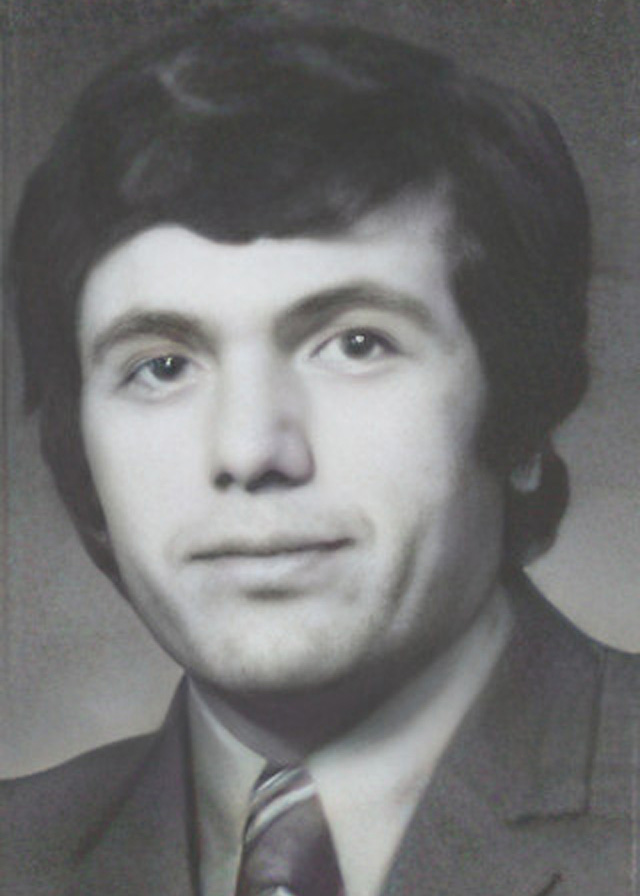
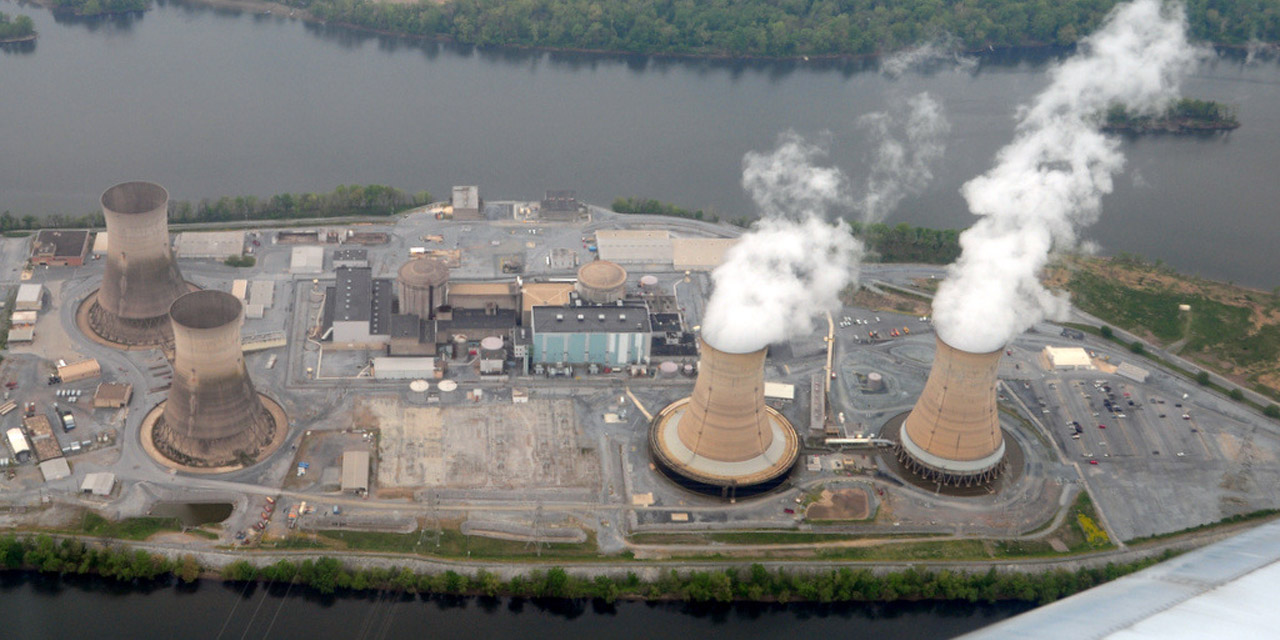
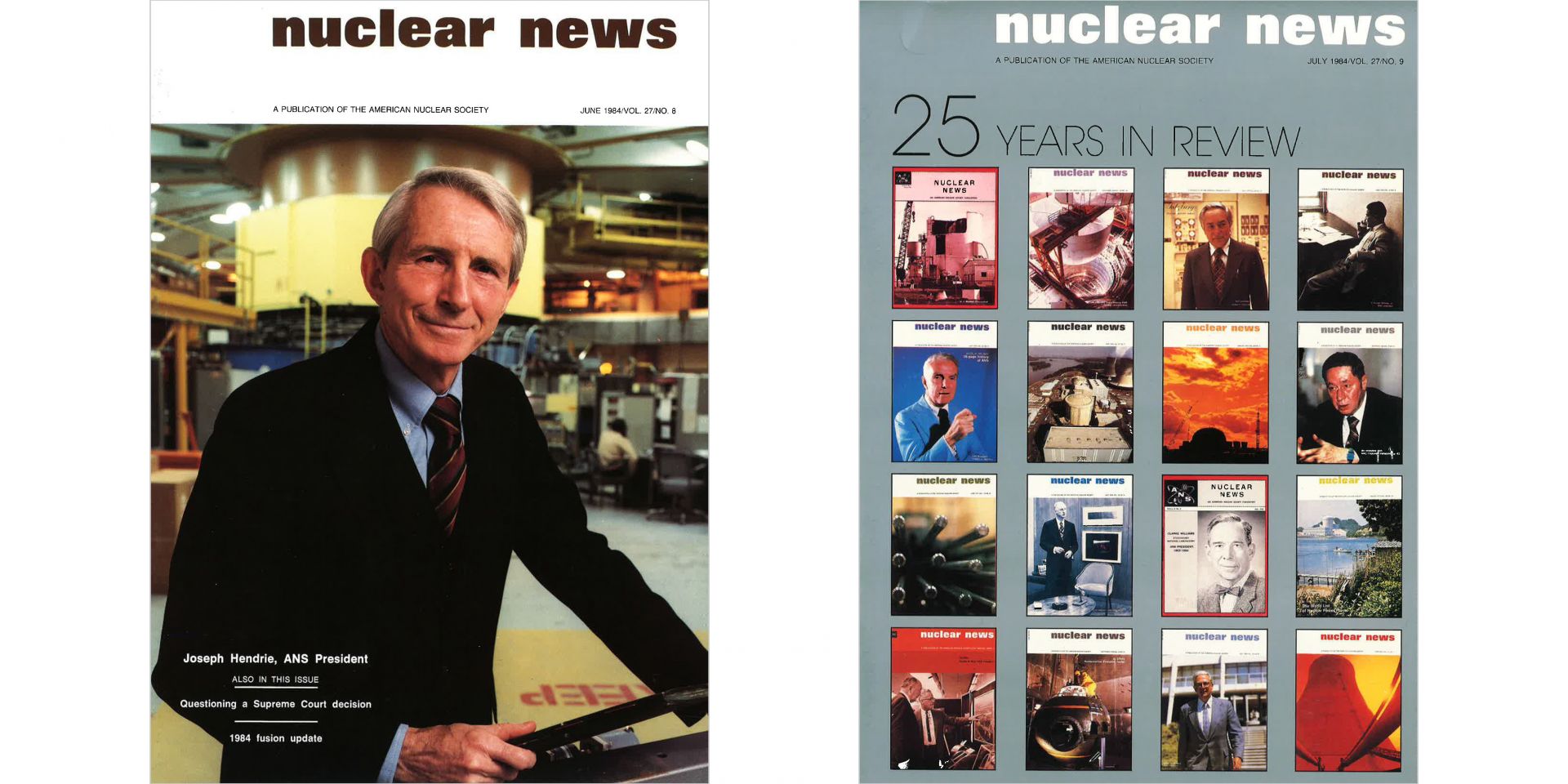
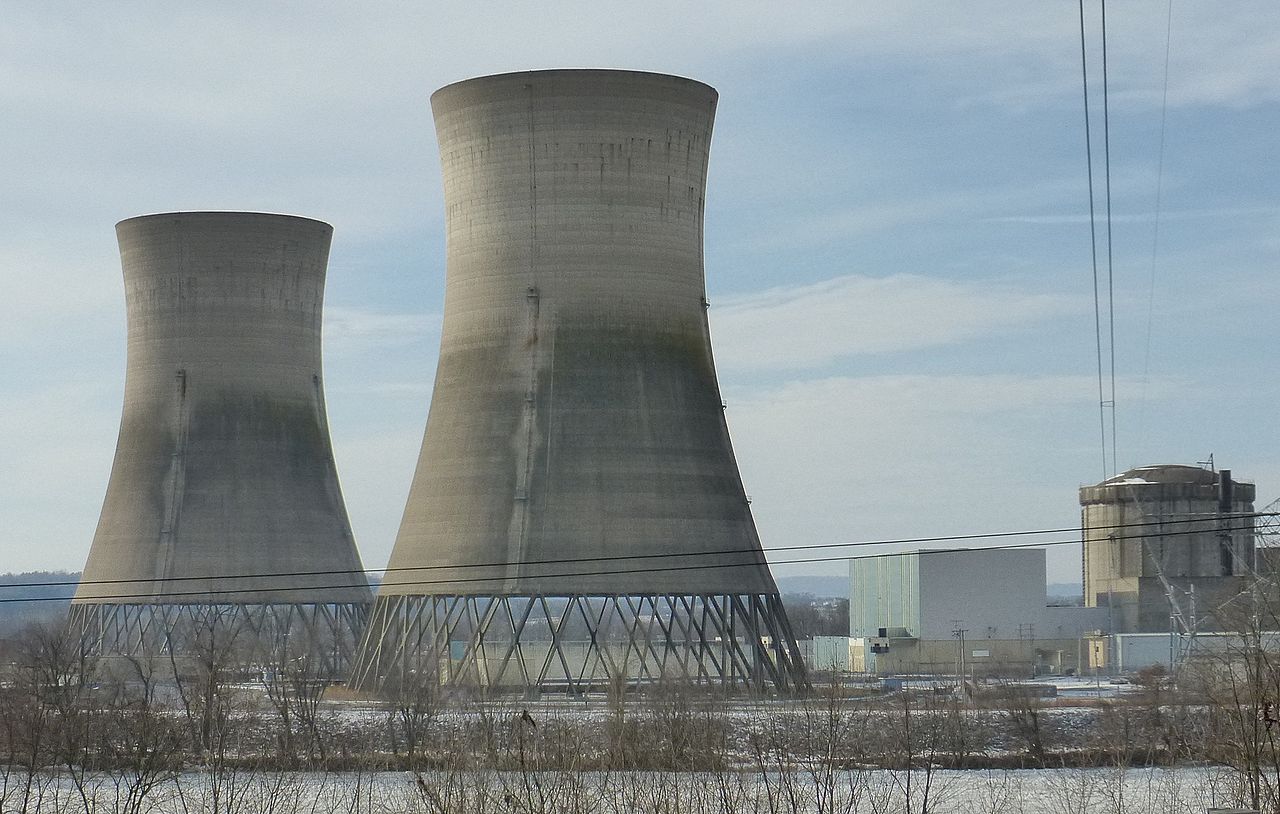
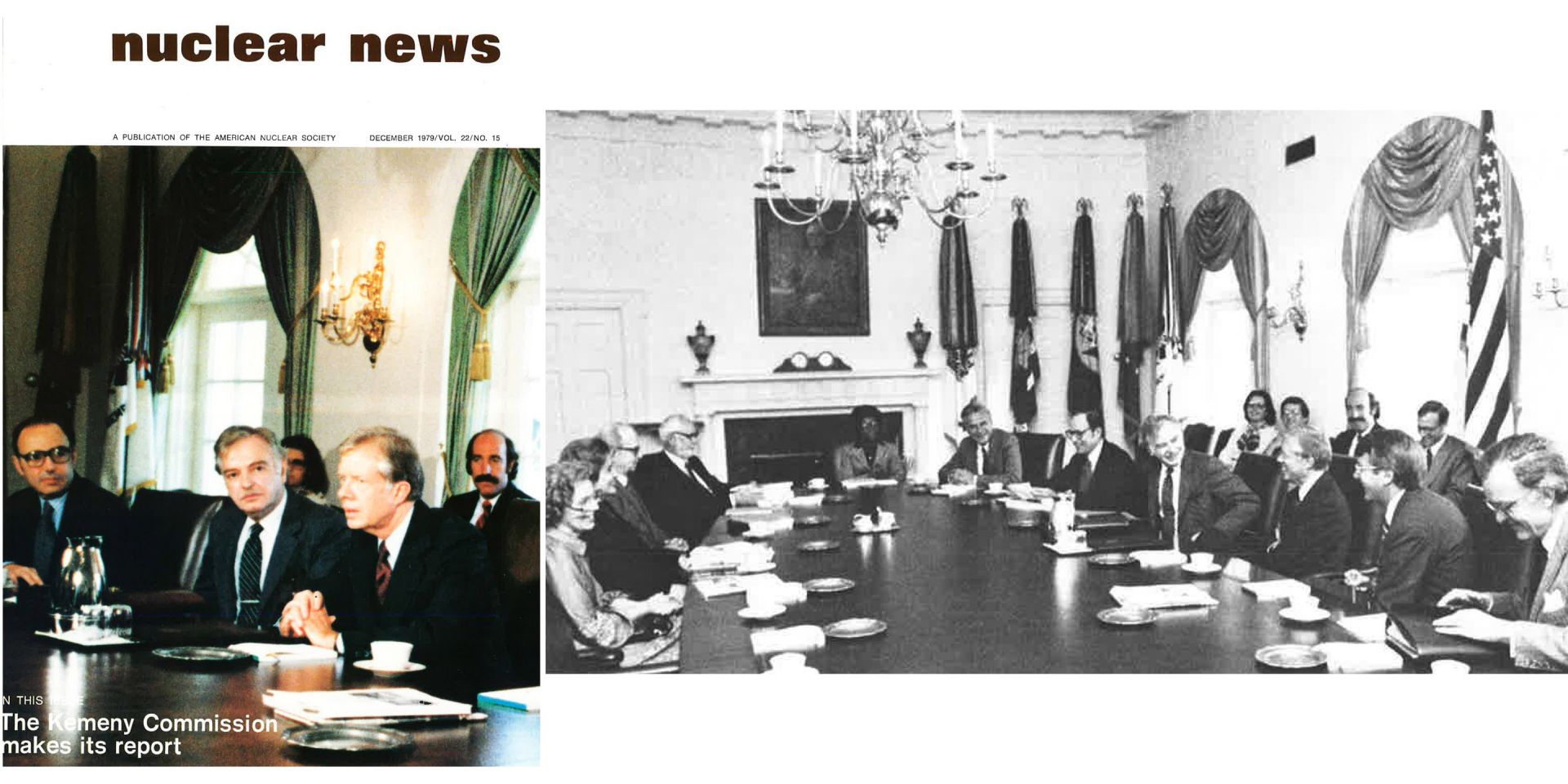
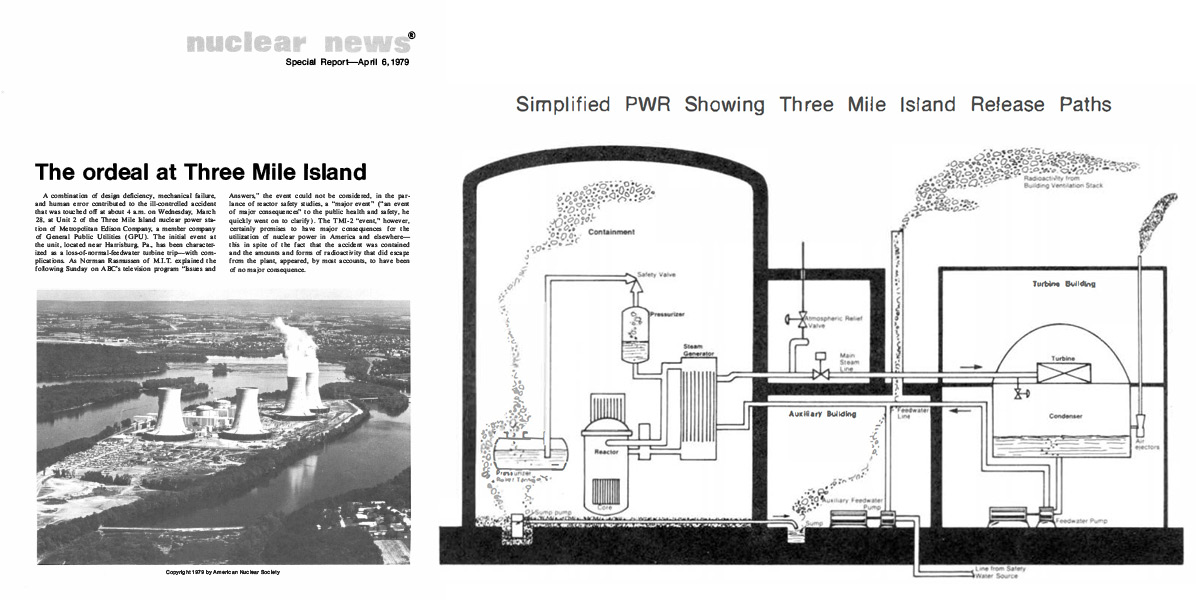
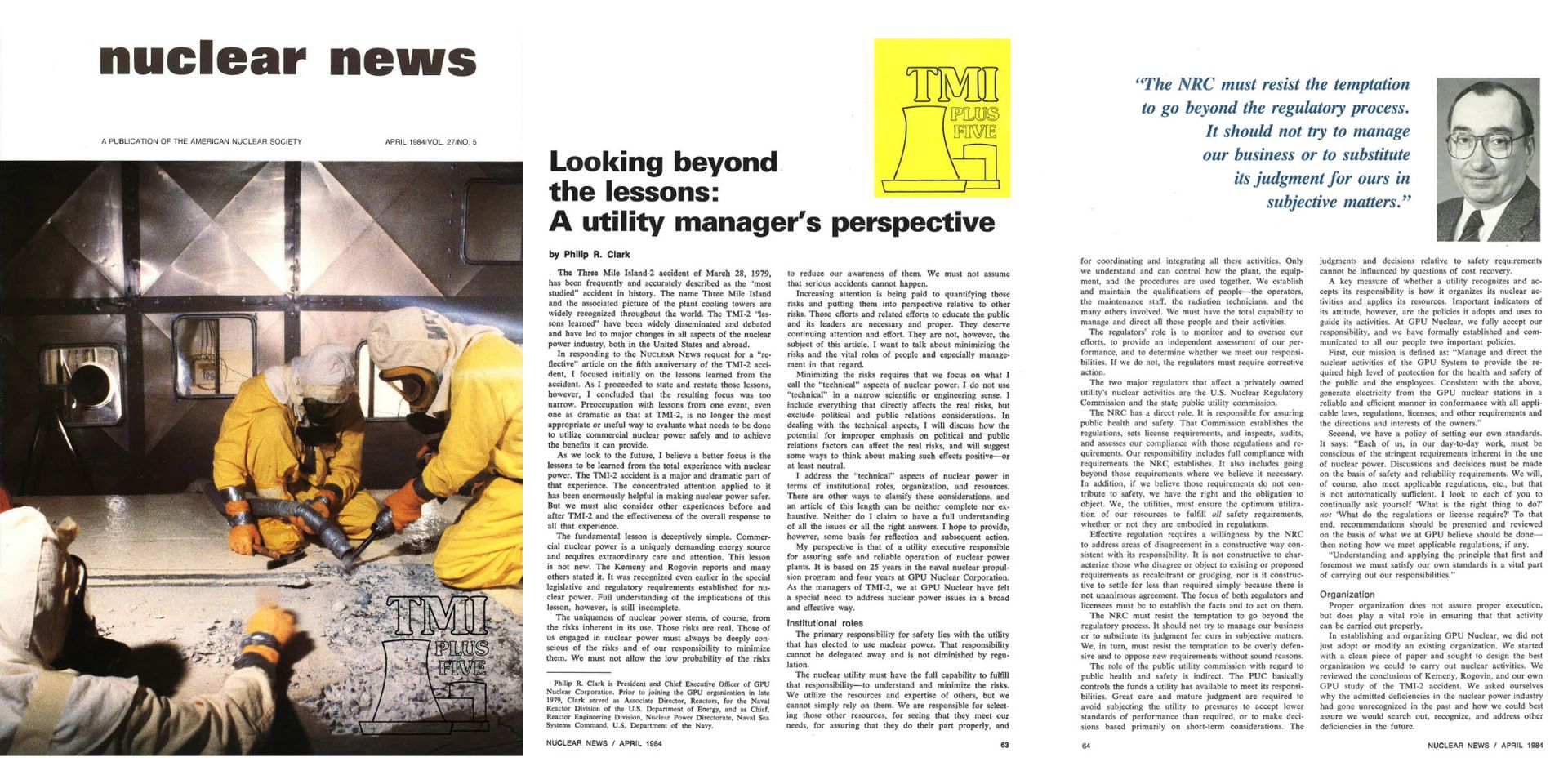
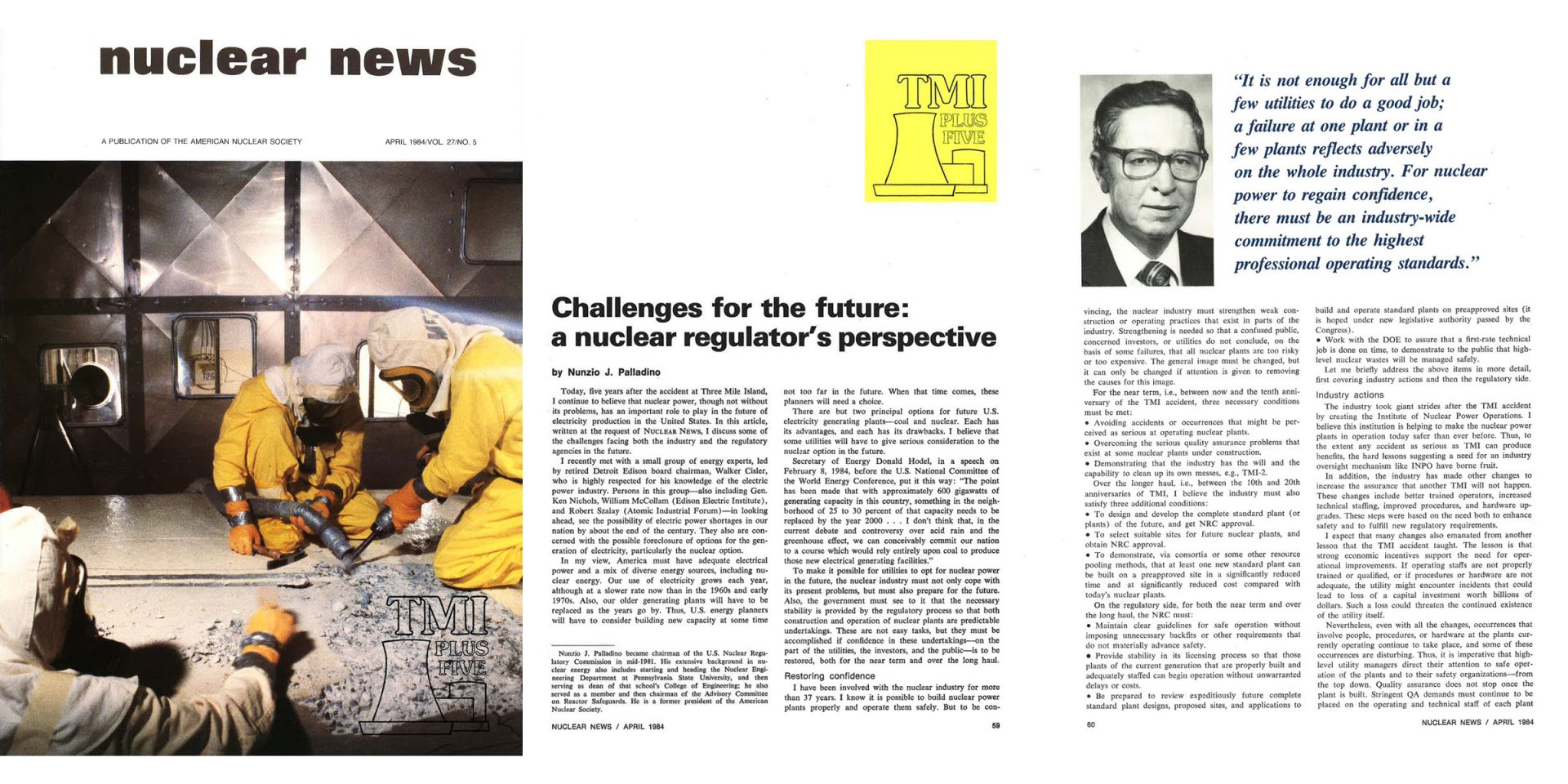
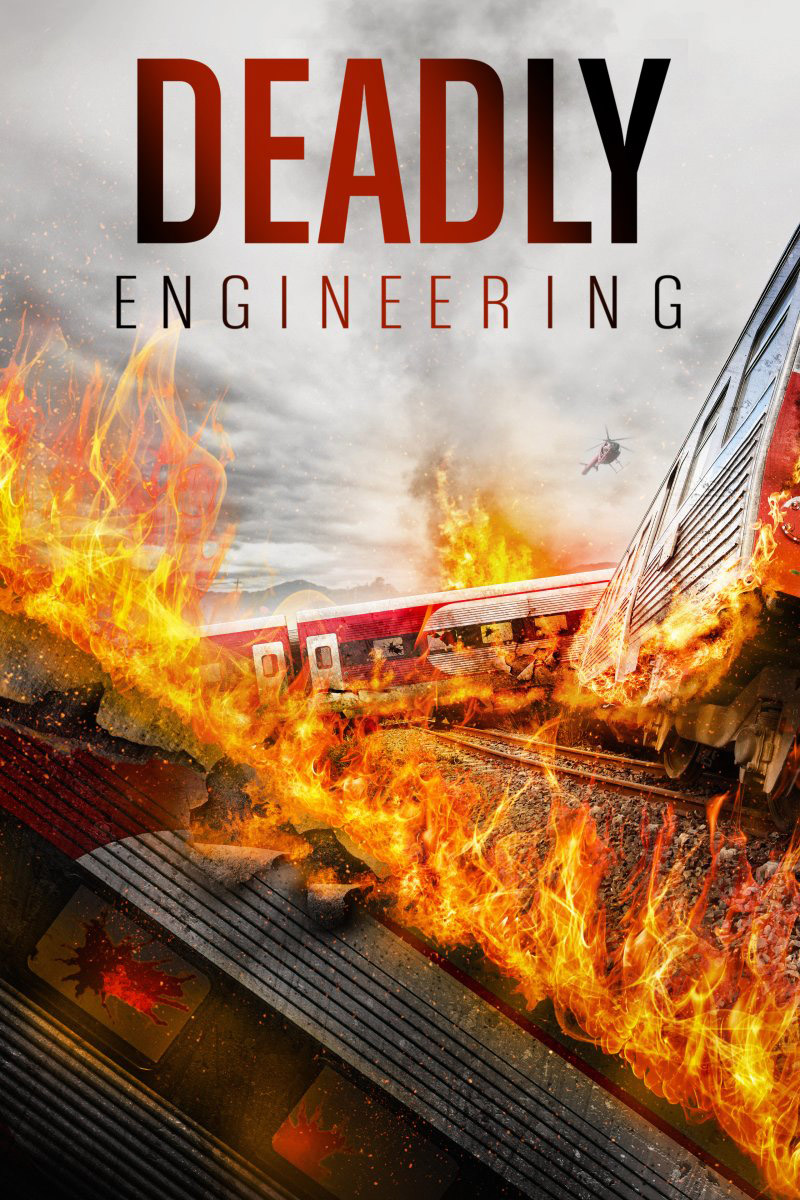 In September, cable television’s Science Channel aired an episode on power plant catastrophes as part of its series Deadly Engineering, with one principal segment on the 1979 Three Mile Island accident. The episode contains several inaccuracies and distortions—perhaps the biggest mistake being that the TMI accident was featured in Deadly Engineering at all, since no deaths or long-term adverse health trends resulted from the accident.
In September, cable television’s Science Channel aired an episode on power plant catastrophes as part of its series Deadly Engineering, with one principal segment on the 1979 Three Mile Island accident. The episode contains several inaccuracies and distortions—perhaps the biggest mistake being that the TMI accident was featured in Deadly Engineering at all, since no deaths or long-term adverse health trends resulted from the accident.

